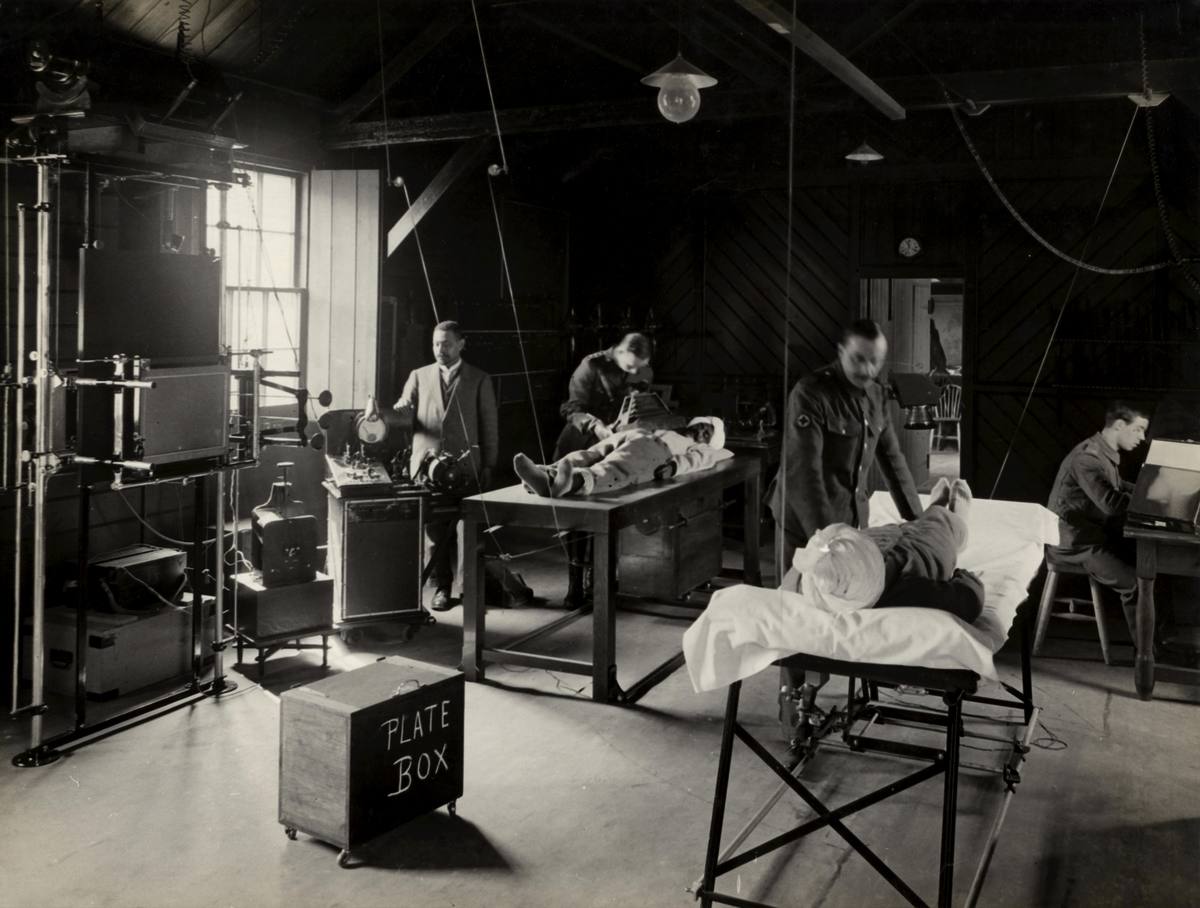Embarking on the Journey of Skilled Nursing Business
Delving into the world of healthcare by starting a skilled nursing business can be an exceptionally rewarding endeavor for those passionate about making a significant impact in the lives of others. The journey begins with meticulous planning and a profound understanding of the healthcare industry's regulatory environment. Crafting a detailed business plan that outlines your vision, services, and operational strategies is indispensable. Equally important is obtaining the necessary licensures and certifications, which affirm your commitment to providing high-quality care. Building a team of qualified and compassionate professionals is essential in establishing a foundation for success. Lastly, cultivating strong relationships with local healthcare providers and community organizations can significantly enhance your network and referral base.

Understanding the Regulatory Landscape
The journey of how to start a skilled nursing business is fraught with regulatory complexities. Navigating these waters requires a firm understanding of both state and federal guidelines that govern healthcare services. Each facility must adhere to stringent standards concerning patient care, staffing, and operational procedures. Missteps in this arena can lead to significant legal and financial repercussions. Thus, comprehensive research and possibly consultation with legal experts in the healthcare field become indispensable first steps.

Securing Financing for Your Venture
Funding is another critical challenge when embarking on this business venture. The costs associated with starting a skilled nursing facility are substantial, encompassing real estate, staffing, equipment, and licensing fees, among others. While some entrepreneurs may have the resources to self-fund, many will need to seek external financing options. This often means drafting detailed business plans to present to banks or investors, highlighting the projected success and financial viability of the operation. Finding partners who understand the unique aspects of the healthcare industry can also offer invaluable support and insight.
Recruiting Qualified Staff
The backbone of any skilled nursing facility is its staff. Recruiting qualified nurses, therapists, and support personnel who share your vision for compassionate, high-quality care is essential. However, this can be challenging in today's competitive job market where demand often outstrips supply. It involves not only finding individuals with the right qualifications but also ensuring they fit well with the team and mission of your facility. Retention efforts are equally important to maintain a stable and experienced workforce over time.

Building a Solid Operational Foundation
How to start from an operational standpoint involves laying down a solid foundation that encompasses every aspect of running the facility smoothly. This includes developing efficient administrative procedures, creating robust patient intake processes, and establishing clear communication channels among staff. Additionally, implementing advanced technology systems for health records management can significantly enhance operational efficiency and patient care quality. Ensuring that all operations are scalable is crucial for adapting to future growth or changes within the healthcare landscape. Regular audits and reviews can help identify areas for improvement and ensure compliance with regulatory standards.
Developing a Marketing Strategy
A strategic marketing approach is vital for attracting residents to your skilled nursing facility. This involves identifying your target audience and understanding their needs and preferences deeply. Creating a strong brand identity that resonates with this audience then becomes key; it's about communicating your facility's unique offerings and the quality of care provided. Digital marketing tactics such as an optimized website, social media engagement, and online reviews can significantly increase visibility. Nevertheless, traditional methods like community outreach and networking with healthcare providers should not be overlooked.

Boost campaigns with 250+ editable templates. Save, reuse, and wield design tools for business growth.
Try it for FREE!Navigating Challenges in Patient Care
Patient care presents its own set of challenges in a skilled nursing setting. Meeting the diverse needs of patients while adhering to high standards requires constant vigilance and adaptability from all staff members. This includes staying updated with best practices in medical care, rehabilitating therapies, and psychological support services. Ensuring personalized attention while managing numerous patients can strain resources but is paramount for achieving patient satisfaction and desirable outcomes. Implementing feedback mechanisms can aid in continually refining care practices.
Maintaining Compliance With Health Regulations
Maintaining compliance with ever-evolving health regulations is an ongoing challenge that requires diligent attention. Regular training sessions for staff on current laws and ethical practices are essential to uphold standards of care while avoiding legal pitfalls. It's also imperative to establish a culture of compliance within the organization where everyone understands their role in maintaining accreditation standards. Documentation plays a crucial role here; detailed record-keeping not only aids in demonstrating compliance but also improves overall operational effectiveness. Keeping abreast of regulatory changes through industry associations or professional advisory services is highly beneficial.
Leveraging Technology for Efficiency
In today's digital age, leveraging technology within your skilled nursing facility can provide a significant competitive edge. From electronic medical records (EMR) systems that streamline patient information management to telehealth services that expand access to care, technology adoption enhances operational efficiency and patient satisfaction alike. However, implementing these solutions requires upfront investment and ongoing maintenance efforts. Training staff to proficiently use new technologies is equally pivotal for reaping their full benefits. As part of branding or promotional efforts, tools like Desygner offer intuitive design solutions facilitating professional-grade materials creation without needing extensive graphic design skills.
Graceful Conclusion: Launching Your Skilled Nursing Business
In conclusion, starting a skilled nursing business is a rewarding venture that requires meticulous planning and dedication. Through careful consideration of regulatory requirements, financial planning, staffing, and marketing strategies, entrepreneurs can lay a solid foundation for a successful operation. It's important to prioritize patient care excellence and integrate technology to enhance service delivery and operational efficiency.
Key to the success of your skilled nursing facility is understanding the demographic you intend to serve. Detailed market research will uncover the specific needs of your community, helping tailor your services to meet those demands. Additionally, building a strong relationship with local healthcare providers and regulatory bodies will streamline the process of establishing your facility as a trusted provider of skilled nursing care.
Financial sustainability cannot be overlooked. A comprehensive business plan should outline initial capital requirements, operational costs, and projected revenue streams. Exploring various funding sources including loans, grants, and private investments will ensure the financial health of your business. Furthermore, adopting cost-effective marketing strategies will play a pivotal role in attracting clients while building a reputable brand.
- Understand and comply with all regulatory requirements
- Develop a comprehensive business plan
- Recruit qualified staff committed to excellence in patient care
- Implement advanced technology solutions for improved care delivery
- Conduct detailed market research to tailor services effectively
- Foster partnerships with local healthcare entities
- Explore diverse funding options for financial sustainability
- Leverage tools like Desygner for professional branding and marketing materials
To embark on this journey towards creating a nurturing environment that serves our elderly or medically fragile community, remember the importance of branding in establishing trust and recognition. For crafting professional-looking marketing materials without breaking the bank, consider using Desygner. Embark on your skilled nursing business journey today and sign up at Desygner for an effortless design experience tailored to your needs.


